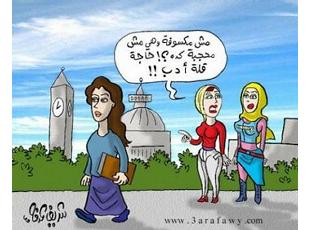Public Culture
Today I attended the dissertation defense of my friend Ben Koerber. His book-in-progress is titled:
The Aesthetics and Politics of Rumor in Egyptian Public Culture
Although he identifies many kinds of rumors, they are all kinds of tales that are unauthorized by authorities–they are disturbances in symbolic systems (such as a political order). Rumor is the collapse of fiction and reality. It operates as a site of culture and discourse, much like other literary genres, but it remains anonymous, its authors generally unseen. This got me thinking of a novel I just read:
Alif the Unseen by G. Willow Wilson
Both this novel and Ben’s study affirm the power of the unseen, not so much the fantastic unseen, but people who interrupt and disrupt the status quo from behind the scenes. Rumors abound in cyberspace in both works, in situations of scarce information and overwielding authorities. Rumors are thus linked to revolution and social upheaval. Ben shows how rumors have worked as a mode of understanding and producing public culture in Egypt, from the beginning of military rule in 1952 through the revolution in 2012. I hope that others will one day compare his work to different contexts to show how conspiracy theories work–in soviet Russia, the contemporary United States and China, other places…How does the untrustworthy oral tradition of rumors and gossip contribute to real social change? Read Ben’s book when it comes out!

